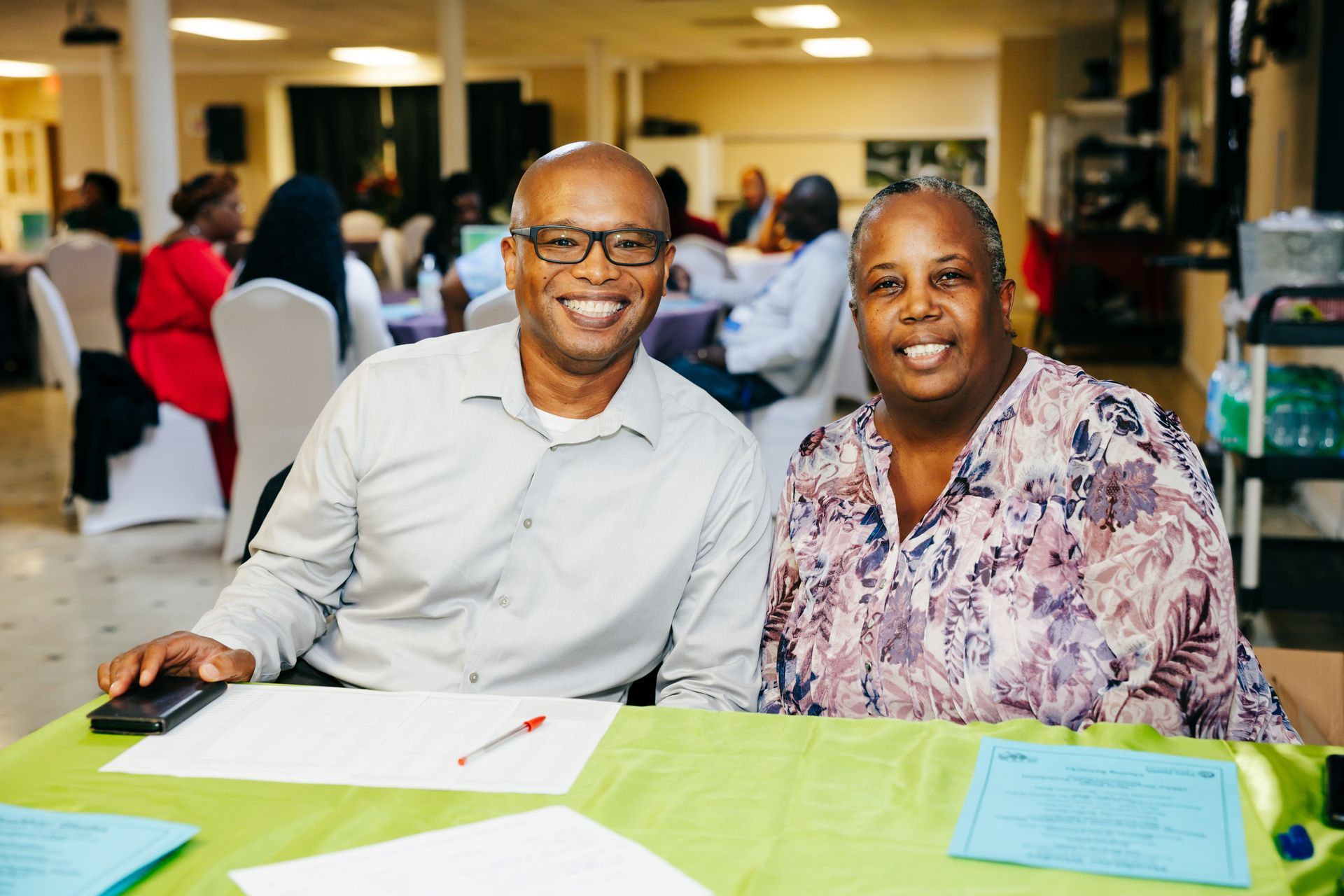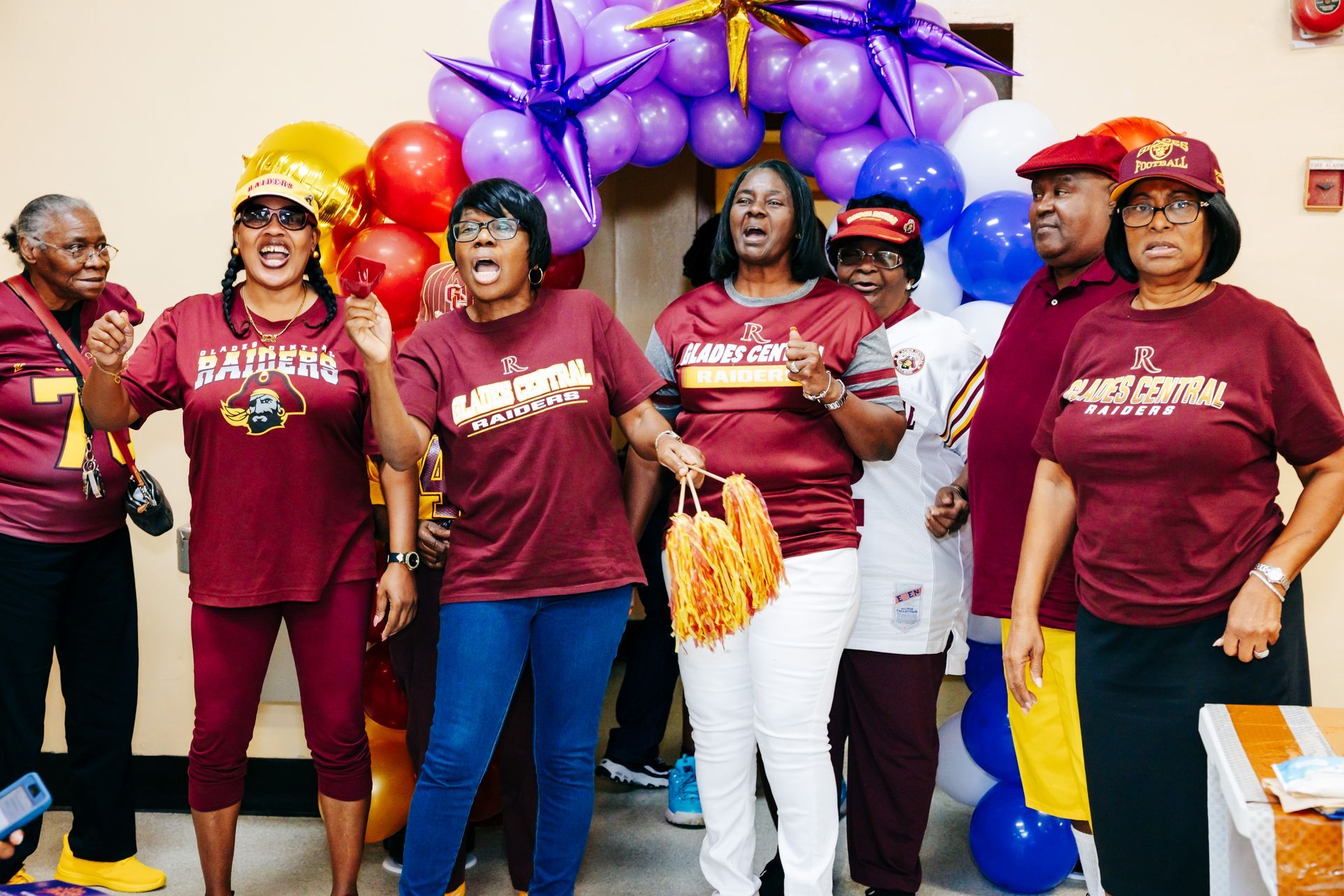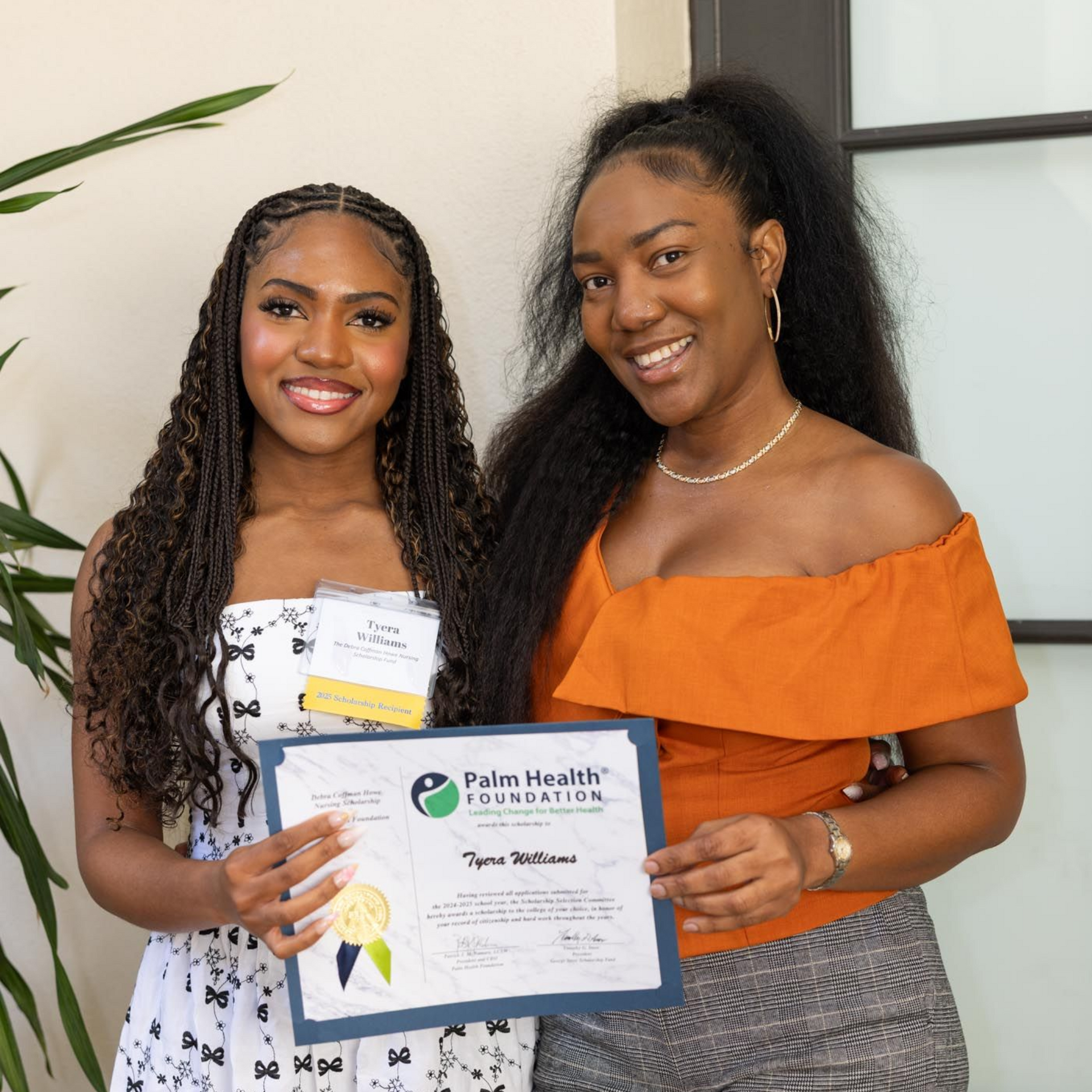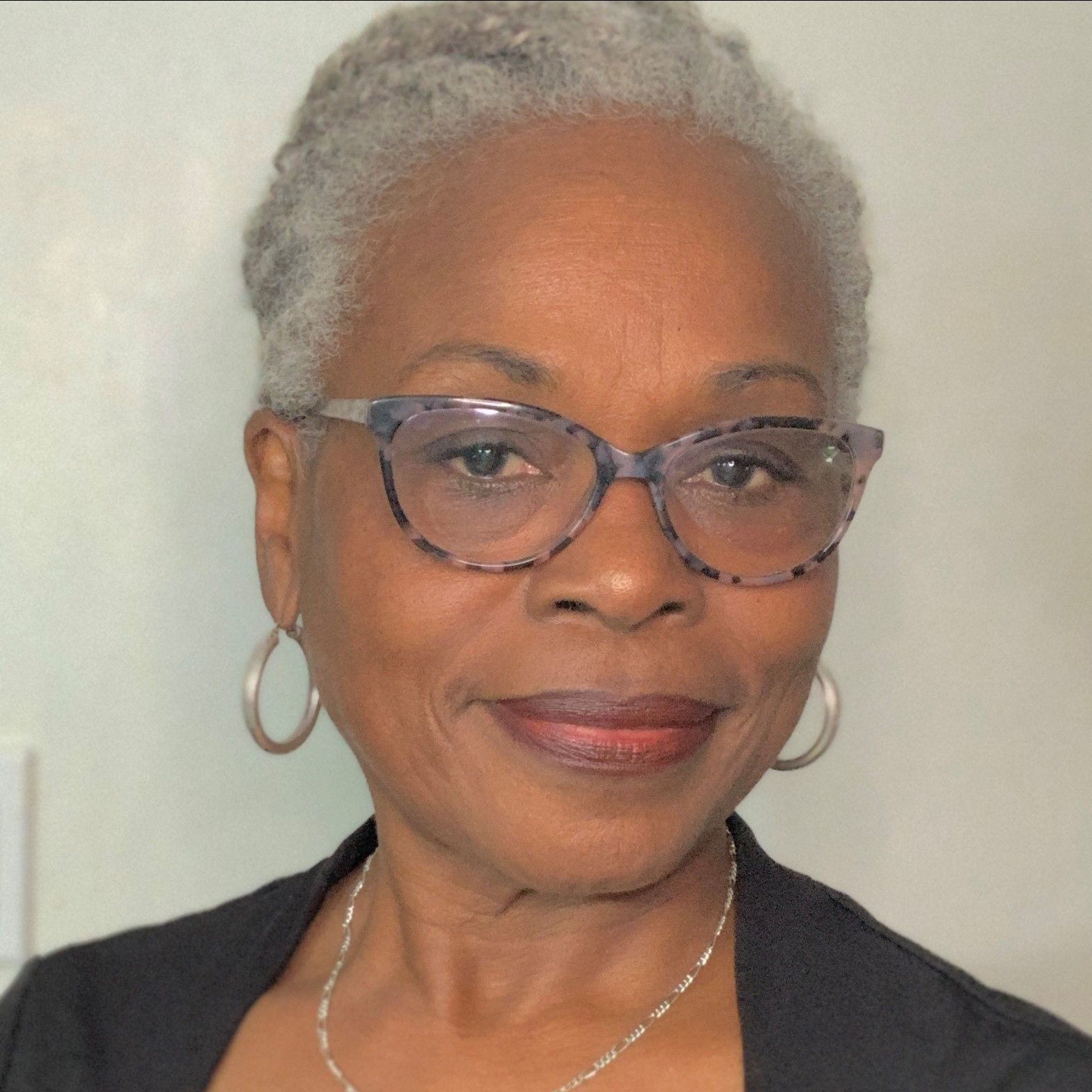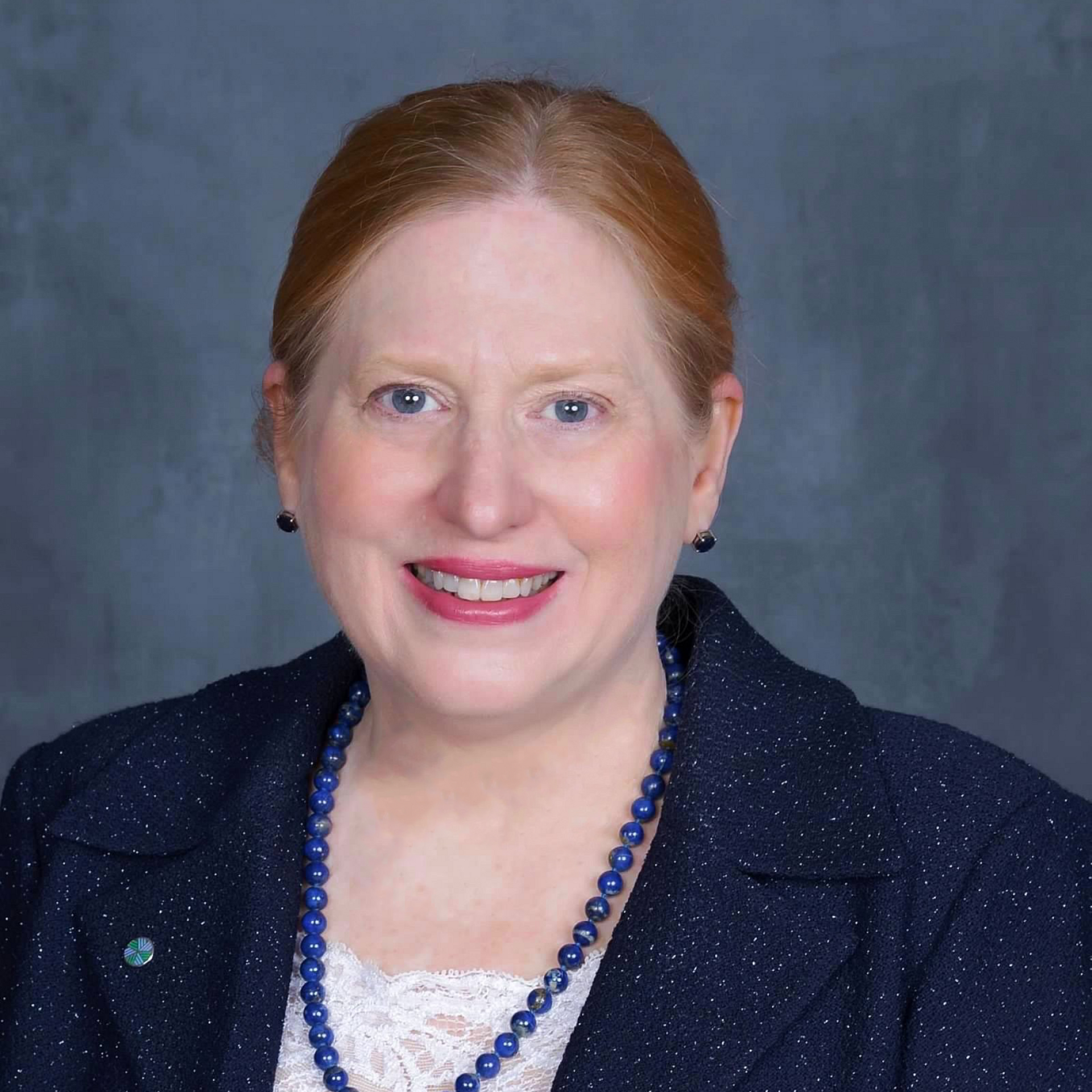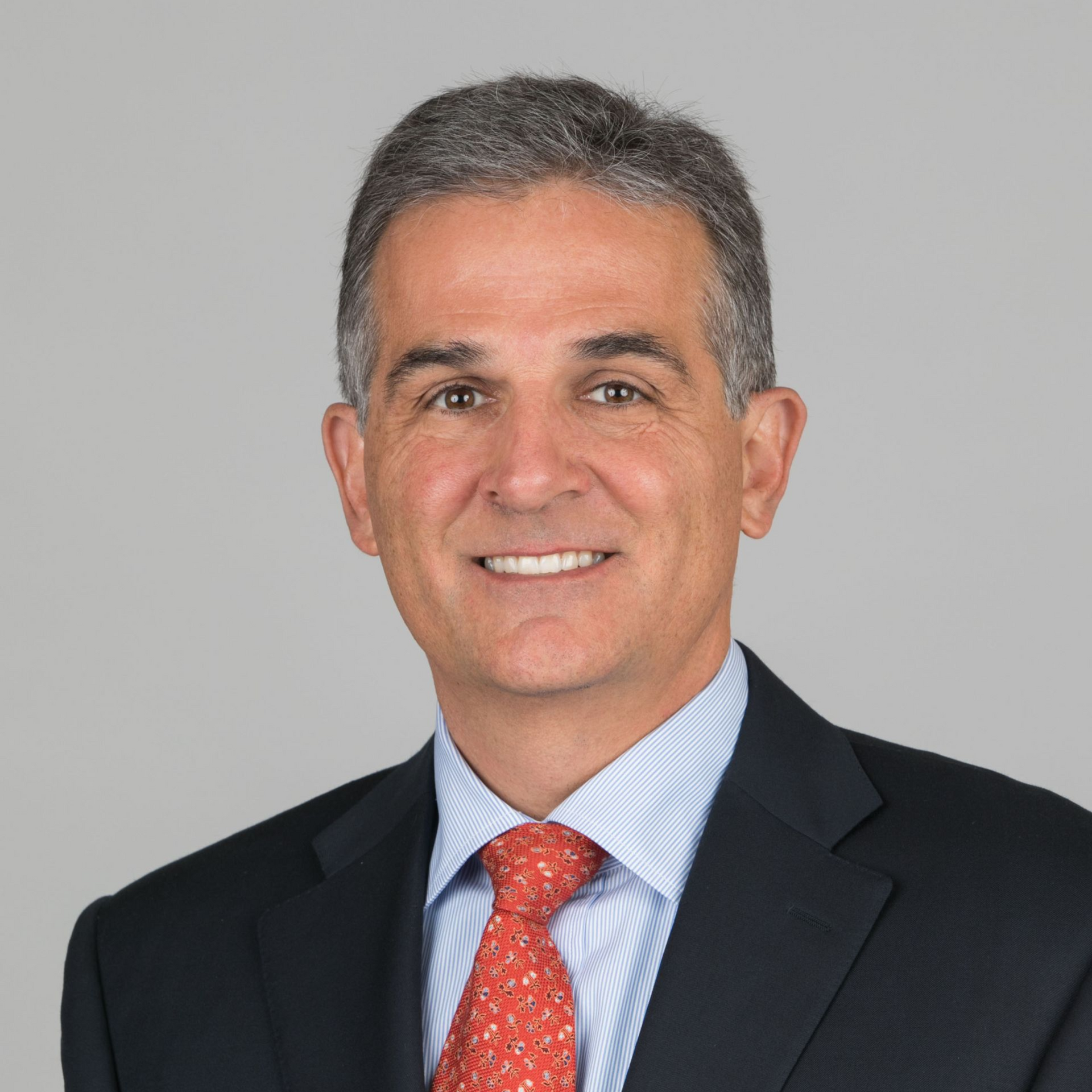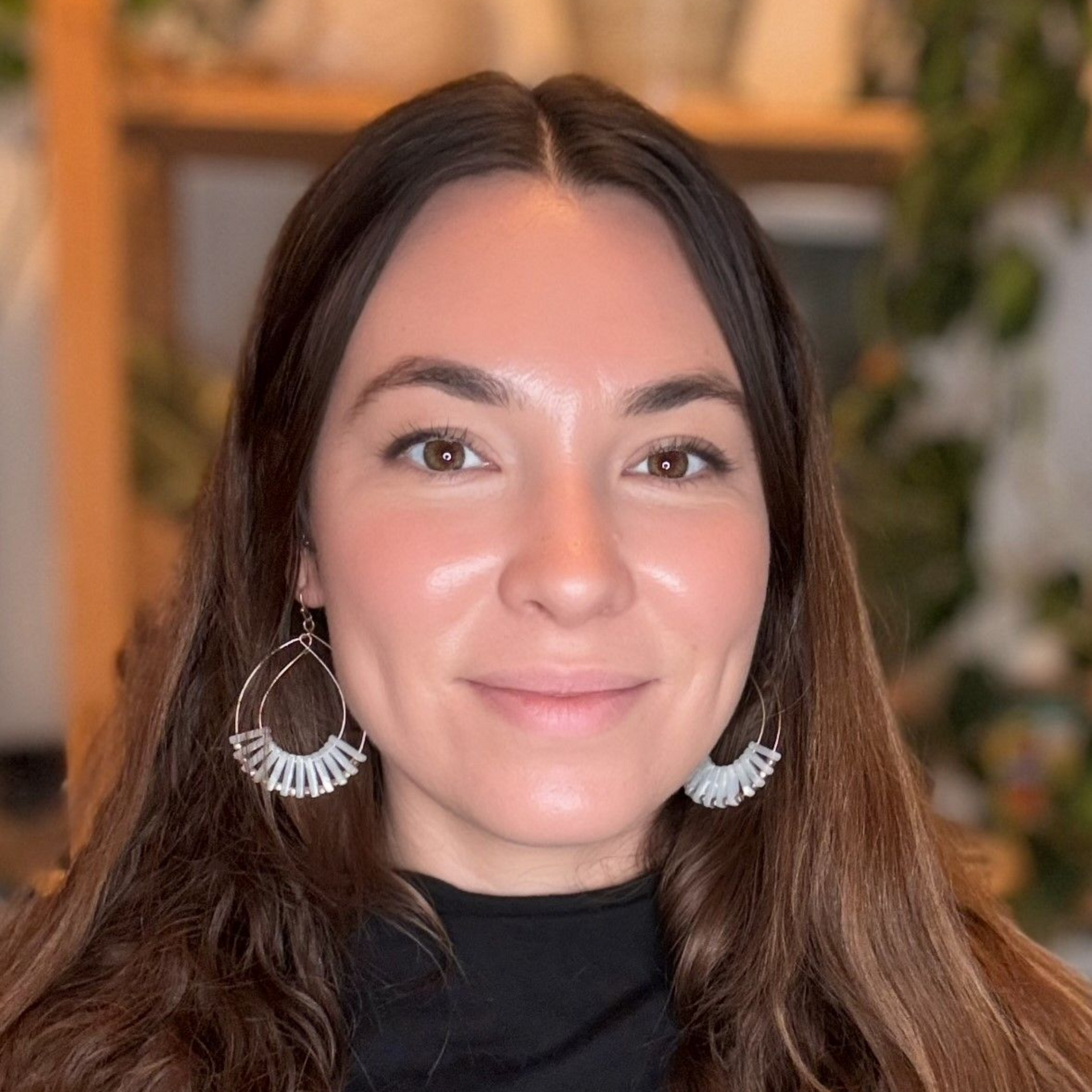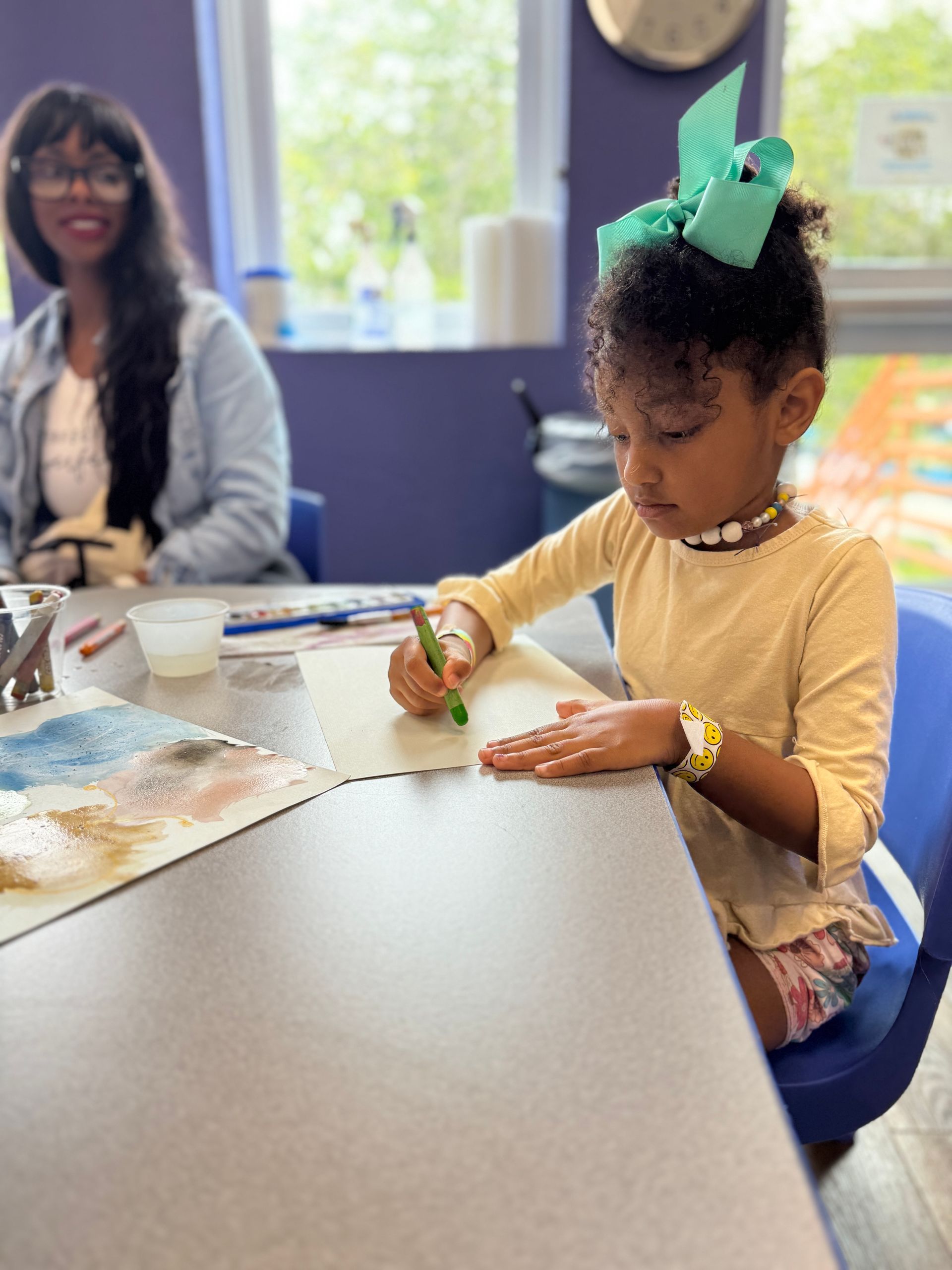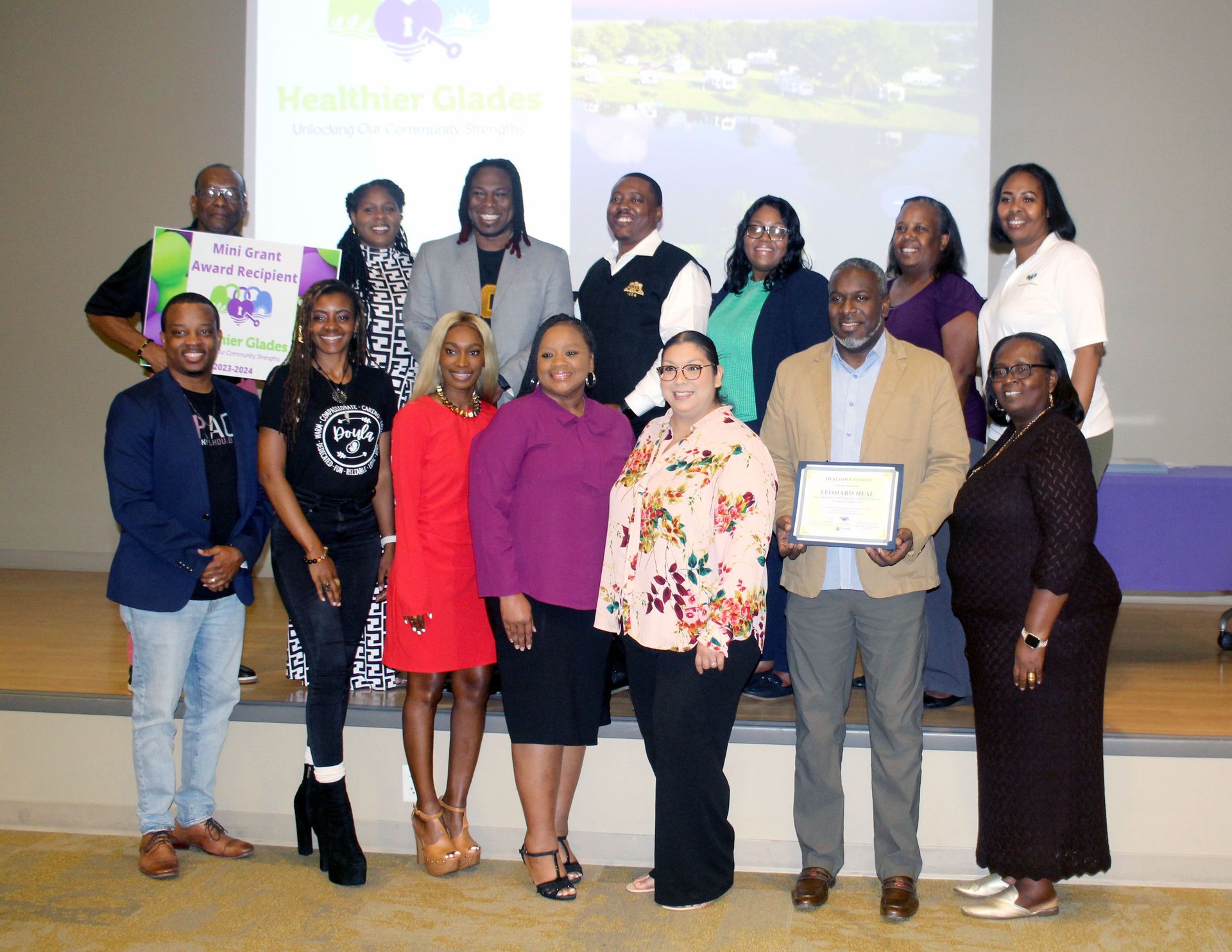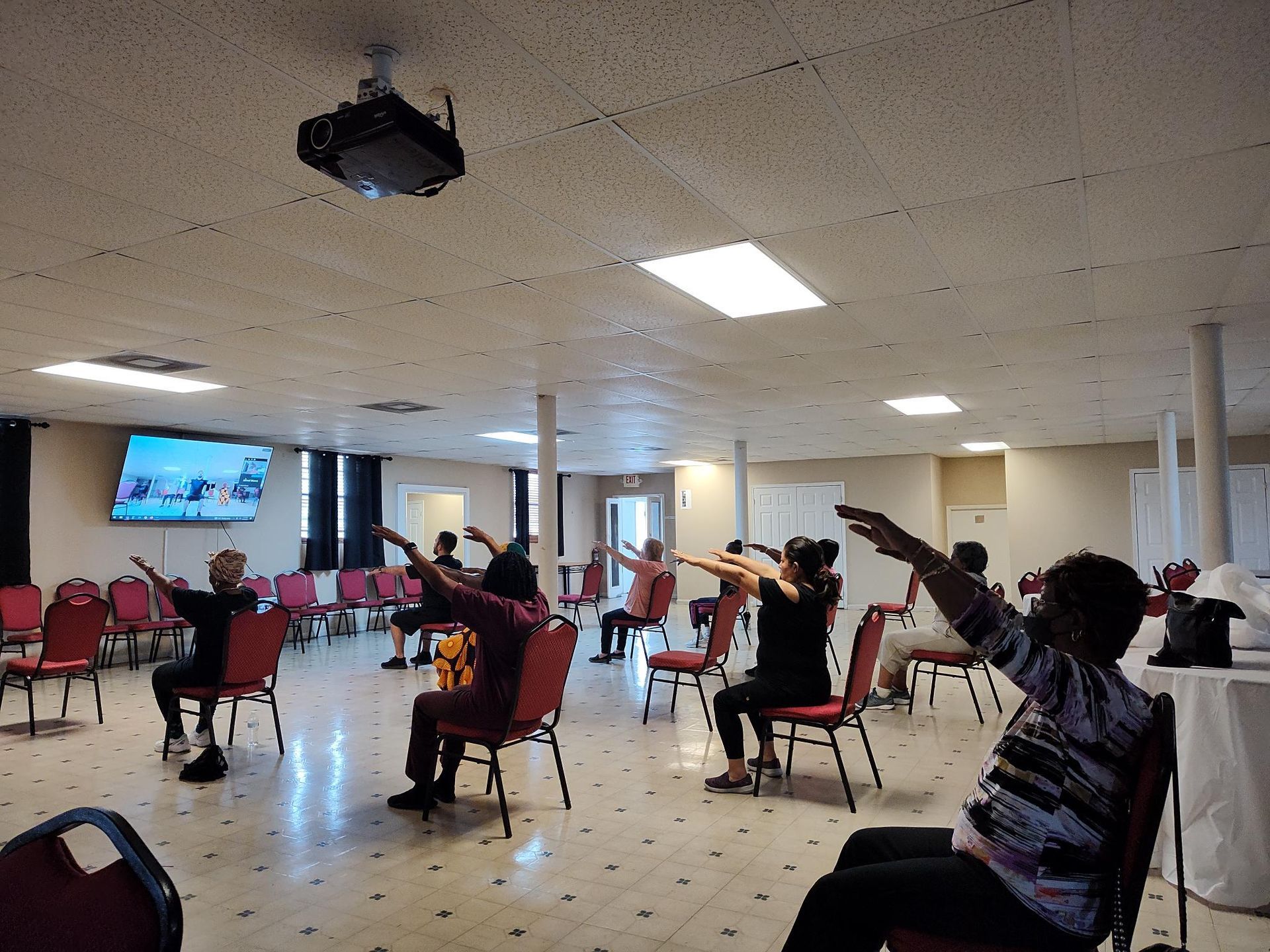Intern Feature: Gabbie Acot
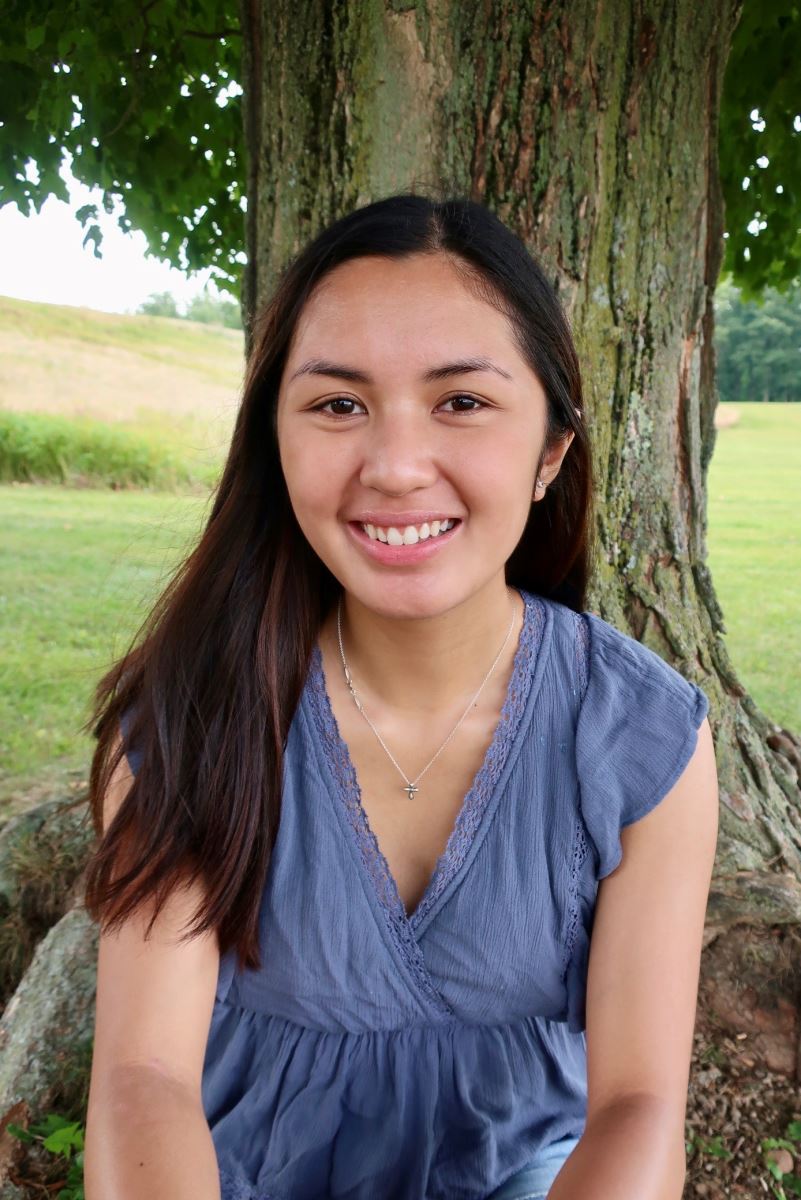
I was led to my summer internship at Palm Health Foundation (PHF) by a Princeton alum, who is on PHF’s board of trustees. During my internship, I was interested in learning about the public health issues people were facing due to the COVID-19 pandemic, like food and housing insecurity. I was able to achieve this in my work with Andy McAusland, director of grants and evaluation at PHF.
At the beginning of the summer, I had three goals for my internship:
- To learn about how healthcare non-profits work
- To learn about statistical analysis and visualization, especially in relation to non-profit evaluation
- To learn about the public health issues prevalent due to the pandemic.
In the end, I achieved my goals, and much more, thanks to the support of PHF staff. I participated in introductory meetings with the staff, where they explained their roles within the organization and their paths to PHF. These meetings taught me about the many diverse, integral roles that form a nonprofit foundation, from Chrissie managing millions of dollars in accounting to Vanessa helping craft a poignant letter on racial injustice after the death of George Floyd. By the end of my internship, I understood how all of these roles connected to each other to form PHF.
When I wasn’t participating in meetings, my work day mainly involved organizing and visualizing data from the COVID-19 Sensemaker project, using coding, to be displayed on www.PHFShares.org. I had very little experience with this type of coding beforehand, so I was excited to learn. I failed many times, but with PHF’s guidance and a lot of Google searches, I was able to write code for two new Sensemaker projects and develop new choropleth visualizations by the end of the summer. Mini-lectures from Andy enabled me to learn that by graphically seeing Sensemaker data, community members are able to engage with their own raw data and analyze all of the nuances without any data fitting or summarization.
When I first learned this, I didn’t understand the point— Who needs all that data? However, through another one of Andy’s mini-lectures, I learned about Black Swan theory, which basically states that though catastrophic events (like the COVID-19 pandemic) are rare, they are worth preparing for because they have such large effects. We can scale this down to the people who submitted to the COVID-19 Sensemaker project. Some ‘rare’ submissions describing debilitating situations, like a pregnant teen without access to baby items, could be helped and were helped by public health intervention due to community members engaging with Sensemaker data.
I got to learn more about public health issues through doing a literature review on how green spaces affect health for Lake Worth Beach, one of Palm Health Foundation’s Healthier Together communities. It was interesting to learn about how the creation of a park could improve both the physical and mental health of community members. Creating the proposal for the Lake Worth Beach Sensemaker survey was a challenge, but I found that it brought my internship together so that I worked with Sensemaker from almost all sides.
Overall, my internship with PHF was irreplaceable and I am so grateful for having the chance to learn about public health, non-profits, and data analysis and visualization all in one summer.
Thank you to the Palm Health Foundation staff for being so welcoming and fostering my interests. Also, thank you to the Princeton University COVID-19 Response Grant for funding my project.
